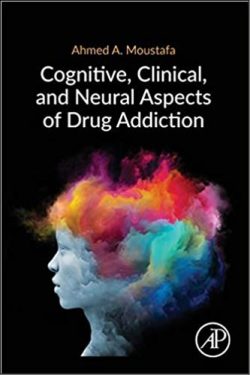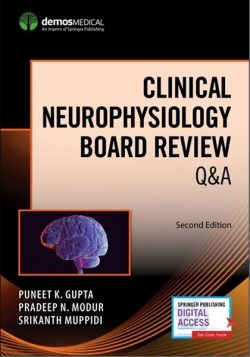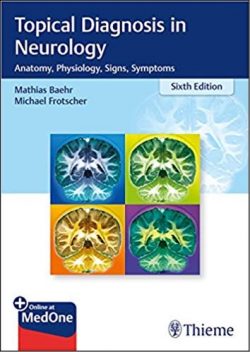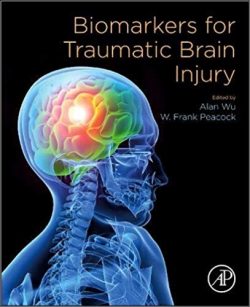This comprehensive reference on therapeutic repetitive transcranial magnetic stimulation (rTMS) documents the current status in the field. The main focus is the clinical applications of rTMS tested to date, including treatment of paresis, aphasia, and visual neglect in stroke patients, therapy for motor impairment in Parkinson’s disease, and applications for tinnitus and neuropathic pain. Based on the available clinical evidence (RCTs, meta-analyses, and systematic reviews), combined with the personal experience of experts, a clinically oriented best evidence synthesis is provided for each application, together with a clear description of rTMS algorithms that generate clinical benefits in the target domain. A further feature is the presentation of a theoretical model of therapeutic action for each therapeutic target. The book will be invaluable for clinicians and researchers in neurology and related fields, including neurologists, physiatrists, as well as ENT and pain specialists. Neurophysiology of rTMS.- Brain imaging – network effects of rTMS.- Basic principles of rTMS in motor recovery after stroke.- Clinical applications of rTMS in motor rehabilitaton after stroke.- rTMS in dysphagia after stroke.- Basic principles of rTMS in aphasia treatment after stroke.- Therapeutic applications of rTMS for aphasia after stroke.- rTMS in visual neglect after stroke.- Clinical applications of rTMS in Parkinson’s disease.- rTMS in the treatment of neuropathic pain.- Therapeutic applications of rTMS for tinnitus.- General concepts of therapeutic rTMS in neurology.
“The book is potentially useful to clinicians who provide care for people with neurological conditions, including physicians in neurology, neurosurgery, and physical medicine and rehabilitation, in addition to professionals in rehabilitation disciplines and psychology. … offers a useful, comprehensive but relatively succinct review of the mechanisms and applications of repetitive transcranial stimulation for a variety of neurological conditions. … authors have done an admirable job of summarizing existing knowledge and creating a platform for understanding future research in this field.” (Elliot J. Roth, Doody’s Book Reviews, June, 2016)
Thomas Platz teaches as professor for neurorehabilitation at the Ernst-Moritz-Arndt University Greifswald, Germany and is medical director of the BDH-Klinik there with its neurorehabilitation centre and spinal cord injury unit. His main scientific interest is recovery of function after brain damage. He leads the guideline committee of the German Neurorehabilitation Society (DGNR) and the educational committee of the World Federation of Neurorehabilitation (WFNR).
This book is a comprehensive reference on therapeutic repetitive transcranial magnetic stimulation (rTMS) that documents the current status in the field. While introductory chapters cover the neurophysiology of rTMS and present imaging information about its mechanisms of action, the main focus of the book is the clinical applications of rTMS that have been tested to date. These include treatment of paresis, aphasia, and visual neglect in stroke patients, therapy for motor impairment in Parkinson’s disease, and applications for tinnitus and neuropathic pain. Based on the available clinical evidence (RCTs, meta-analyses, and systematic reviews), combined with the personal experience of experts in the field, a clinically oriented best evidence synthesis is provided for each therapeutic application, together with a clear description of rTMS algorithms that generate clinical benefits in the target domain. Clinicians and researchers are thereby informed about the state of the art in terms of both the evidence base for therapeutic rTMS and practical issues in its application. A further feature is the presentation of a theoretical model of therapeutic action for each therapeutic target, and a concluding chapter describes a general concept of therapeutic applications of rTMS in neurology and associated fields. Therapeutic rTMS in Neurology will be invaluable for clinicians and researchers in neurology and related fields, inc
luding neurologists, physiatrists, and ENT and pain specialists.
Provides best evidence syntheses for clinical applications of rTMS





